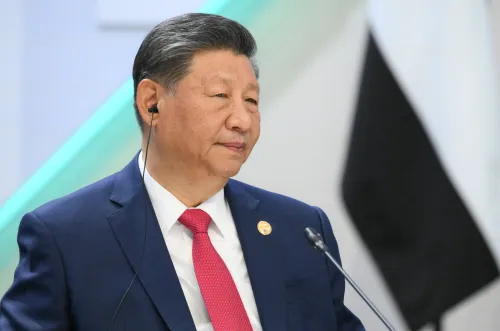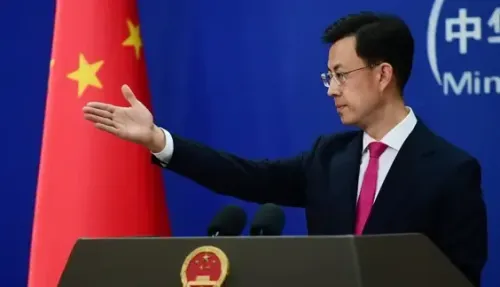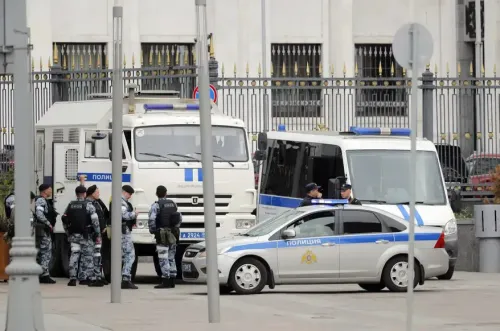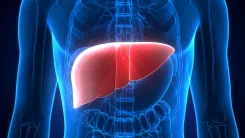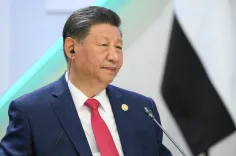Did S.Korea’s SK bioscience Triumph in Patent Battle Against Pfizer?
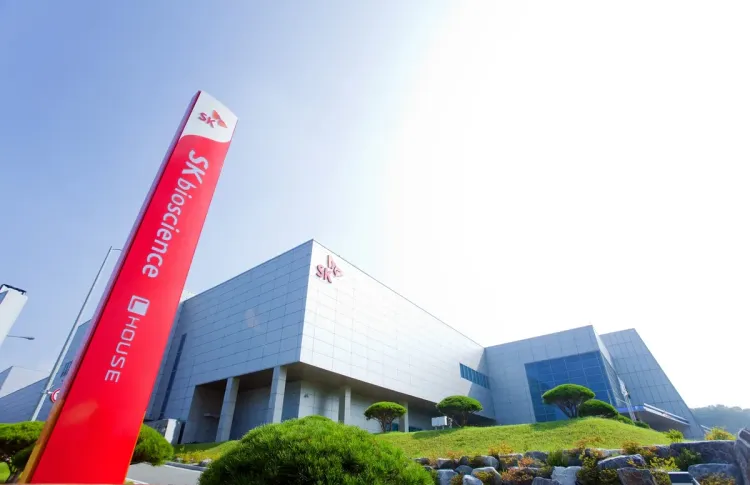
Synopsis
Key Takeaways
- SK bioscience wins a critical patent dispute against Pfizer.
- The ruling allows for the potential export of vaccine components.
- This enhances vaccine accessibility in Southeast Asia and Latin America.
- SK bioscience continues to innovate with new vaccine developments.
- Legal victories strengthen South Korea's biotech industry.
Seoul, May 21 (NationPress) SK bioscience, the biotechnology segment of South Korea's SK Group, announced on Wednesday that it has triumphed in a patent litigation against the renowned pharmaceutical corporation Pfizer concerning components of a pneumococcal vaccine.
In 2020, Pfizer initiated a lawsuit in a Korean court, alleging that the export of 13-valent pneumococcal conjugate vaccine (PCV13) components and finalized products for research purposes to Russia by SK bioscience violated the composition patent of its vaccine, Prevnar 13, as reported by the Yonhap news agency.
Recently, South Korea’s Supreme Court confirmed a lower court’s decision that SK bioscience’s PCV13 components are outside the ambit of Pfizer’s patent claims.
The court further concluded that the manufacturing and export of PCV13 products for research do not amount to patent infringement.
In 2016, SK bioscience developed SKYPneumo, South Korea’s inaugural domestically produced PCV13.
However, due to an ongoing patent dispute with Pfizer, the company is currently barred from producing and marketing the vaccine within South Korea until 2027, when the associated patents are projected to expire.
The recent ruling is anticipated to facilitate the export of individual PCV13 components to nations with significant vaccine demand, especially in Southeast Asia and Latin America.
Simultaneously, SK bioscience is collaborating with Sanofi S.A. to develop a 21-valent pneumococcal conjugate vaccine, which is slated to begin global Phase 3 clinical trials in late 2024.
“This recent court ruling is significant as it ensures that a competitively developed vaccine in Korea can be utilized rather than wasted, providing a fresh opportunity,” stated SK bioscience Chief Executive Officer (CEO) Ahn Jae-yong.
“We intend to harness this momentum to enhance accessibility to premium vaccines, contribute to a reliable global vaccine supply, and attain sustainable growth,” Jae-yong added.
In April, SK bioscience also achieved a victory in a patent invalidation case against Moderna, the developer of the messenger-RNA (mRNA) Covid-19 vaccine, according to Yonhap.
SK bioscience filed a nullity suit in 2023 contesting Moderna’s patent on modified nucleosides, nucleotides, and nucleic acids, as well as their applications.
Moderna’s patent stands as the only registered patent in South Korea concerning mRNA manufacturing technology.
SK bioscience contended that the patent “unjustly granted priority rights, which obstructed the advancement of mRNA technology.”

